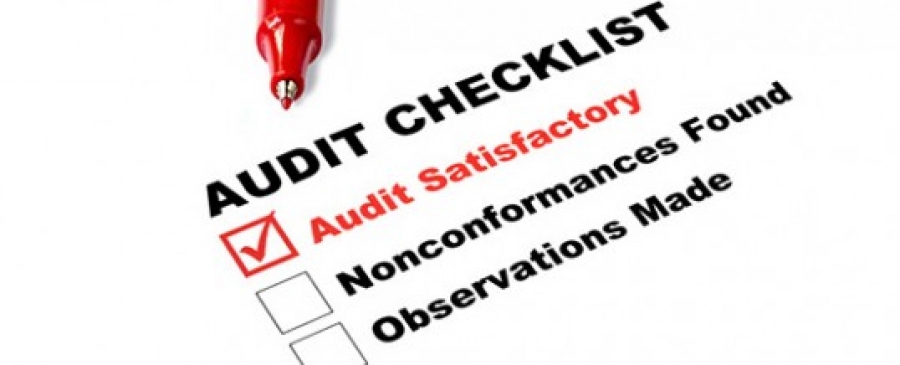Introduction Pharmaceutical stability studies are an essential component of drug development and regulatory approval. Stability testing allows you to understand how your product behaves under different conditions, such as temperature and humidity, and helps you to determine its shelf life and storage conditions. At Synergy Bioscience, we offer pharmaceutical stability program development and testing services to help you achieve product development needs and regulatory requirements. In this article, we’ll explain the importance of pharmaceutical stability testing and how it
Introduction: Freeze drying, also known as lyophilization, is a process used in the pharmaceutical industry to preserve drugs and other therapeutic products. The process works by removing water from the product and creating a dry, shelf-stable form that can be stored for long periods of time. This is crucial in the development of drugs, as many medications require strict storage conditions to maintain their efficacy and safety. In this article, we will explore the role of freeze drying in the
How the new EU IVDR regulations came to existence? What impact these changes in regulations will have on your business? In May 2017, the EU published the in vitro diagnostic medical devices regulation (IVDR), in response to several scandals of harmful medical devices such as the substandard French-made breast implant. Together with the accompanying Medical Devices Regulation (MDR, governing non-in vitro medical devices), the EU launched a five-year transition plan to help the industry adopt IVDR (formally IVDR (EU) 2017/746) which has
As a regulatory agency, the FDA expects that organizations that they audit will take appropriate measures to ensure that they remain in compliance with the regulations. In the event that the FDA determines that a particular organization consistently gets reprimanded for non-compliance, they will likely look into the Quality System of the organization to make recommendations to amend the ongoing problems that the FDA has noted. Most of the FDA audit observations that I have seen are circled around the
As we all know, FDA audit observations and warning letters can be costly to the existence of a company, and it is in the best interest of a company to comply and correct any discrepancies in a timely manner. The best way for a company to deal with any observations or warnings is to correct them promptly. However, by being prepared for inspections, a company can avoid having to scramble to meet deadlines for correcting findings, even if there are
According to the Federal Food, Drug, and Cosmetic Act, SEC. 704 (21 USC §374), the FDA is authorized to perform inspections on a regulated premises. Any compliance concerns or discrepancies are addressed by the FDA inspectors via form FD-483 or Warning Letter. It is in the best interest of the organization to respond to observations and findings in a satisfactory manner, in order to avoid the FDA taking further adversary actions against the organization. A well organized, well documented, and timely
The essence of a society is found within its culture. This culture is deeply engrained within each individual, and cannot be changed by merely manipulating superficial policies & procedures. When change is needed, it is the leaders of a society who must pioneer changes. Leaders will determine the morale of their people, and it is the leaders who will ultimately determine a society’s attitude toward problem solving. As with any industry, pharmaceutical companies must regularly deal with a vast array of
It stands to reason that pharmaceutical companies in compliance trouble also have problems with their Deviation Management and Corrective and Preventive Action (CAPA) System(s). After all, to maintain a good compliance profile, as well as an efficient operation, requires the ability to detect problems, determine the root cause and permanently eliminate the problems.Good companies are glad that a problem was detected and reward the one who detected it. It’s another opportunity to improve—one more problem that they never have to
Responses to FD483’s and Warning Letters are usually fully of commitments. They involve “what” will be done to correct compliance problems, and “when” it will be done. FDA has even started to ask “how” they will be done, meaning—Do you have the resources to do the work? If these questions are not fully addressed in the FD483, then FDA asks again in the subsequent Warning Letter in the part where they acknowledge receipt of the firm’s FD483 response—and the inadequacy of
I’ve come to the conclusion that compliance with the FDA Current Good Manufacturing Practices (CGMP) is just as much about company culture as it is about anything else. A corollary to this is that resolution of regulatory compliance problems is just as much about organization transformation as anything else. I have divided companies with significant regulatory issues into two categories: those who seriously strive to make the connection between the purpose and intent of the regulations and weave it into their









